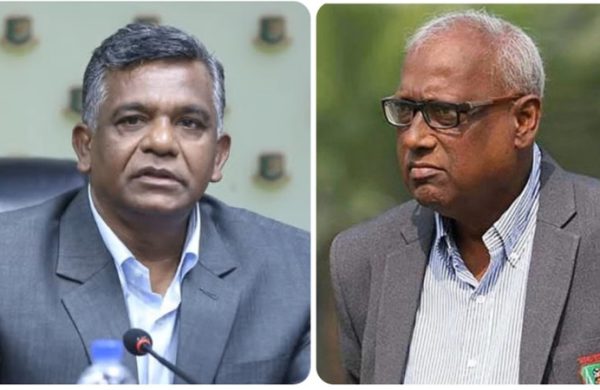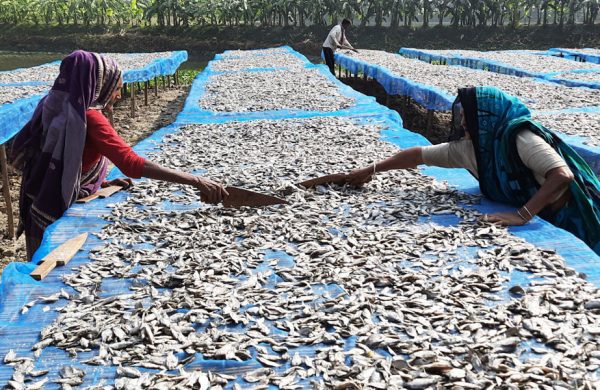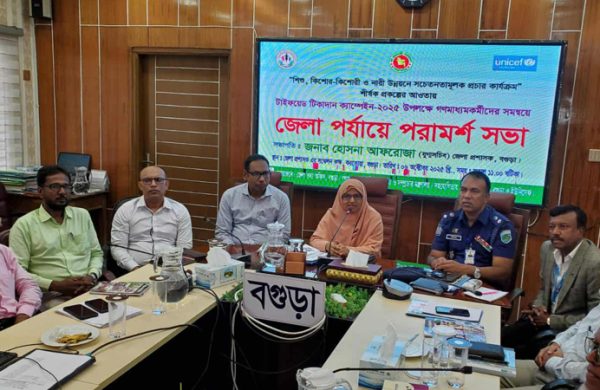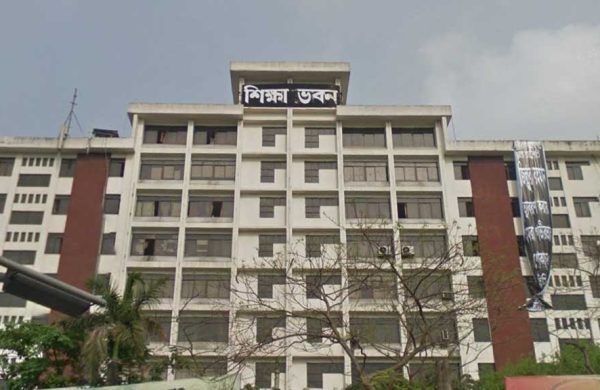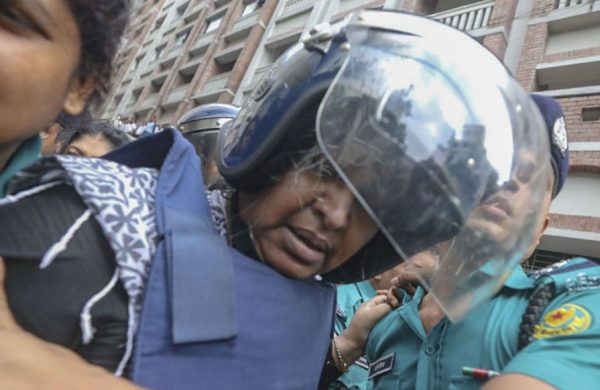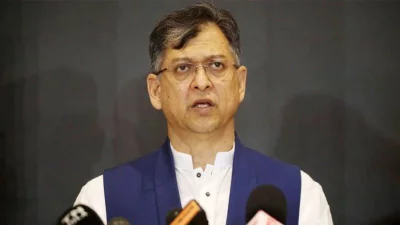The cries within progress: A call for systemic change
- Update Time : Monday, October 6, 2025

—Serajul Islam Choudhury—
In 1971, women in Bangladesh endured unimaginable suffering. Pakistani forces committed brutal acts against women without distinction of religion, targeting both Hindus and Muslims. The state had turned a blind eye, essentially allowing the perpetrators free rein. Seizing that opportunity, they carried out murders, looted personal property, and unleashed widespread sexual violence with impunity.
Now, Pakistan no longer exists, we are independent, and Bengalis govern Bengalis. So why are women still being subjected to such abuses? Why are they trafficked to India, harassed and raped in the Middle East while seeking livelihoods, committing suicide at times, or trapped in child marriage? The reason is not unknown to us.
So what is the solution? Protest? Certainly. Protests are ongoing. Reports are emerging of girls opposing child marriages filing complaints with authorities. Teenage girls are rescuing their classmates from wedding ceremonies—we are learning of such instances. Newspapers have reported that in Magura, a mother attacked a man harassing her daughter with a machete.
The reason is that Pakistan may have left, but the weaknesses in state systems have not; they are attempting to reassert themselves under changed circumstances. Those who speak of Pakistan’s lingering “ghost” are not wrong. But most of them fail to identify what this ghost truly is. The ghost is nothing but capitalism.
However, recognizing it does not change the system. Protests are occurring in the U.S. against Trump. In Oregon, two Americans died while protesting sexual harassment of women; one of their mothers said her son was a hero, and even in death, he would remain a hero. Efforts are made to strip humanity from people, and these efforts will continue, but humanity cannot and will not be destroyed. Yet, history has proven that protesting alone, individually, is insufficient.
So should one flee? But where would they flee? During 1971, people had to escape Bangladesh, only to return and find—what? Pakistan still remained! Only the name had changed. People are still fleeing today. The wealthy have already prepared homes abroad and will leave in time. The General Secretary of the Awami League had warned party members that if the party is not in power, they would have no safe way to take their money and leave. Was this warning necessary? Those who could, had already made arrangements; others were also taking steps. And even those without wealth, ordinary citizens, are escaping to some extent. Reports indicate that Bangladeshis now rank highest among those attempting to cross to Europe by sea. These desperate people are not fleeing to launder money—they are seeking to earn a living. But they are leaving. They risk their lives at sea. People naturally flee war-torn countries like Syria, Libya, Afghanistan, and Eritrea—but why are so many leaving Bangladesh, a post-war and development-enthused country? Because there is no security of livelihood here; and women’s suffering shows that life itself is not secure.
The conclusion is therefore inevitable. What must be done is to eradicate capitalism. But this is not a task one can accomplish alone; attempting it alone leads not only to despair but to greater danger. To eradicate it, a movement is required—and a political party is needed for a movement. But a party alone is insufficient; the enemy must be correctly identified, and proper strategies and tactics must be adopted. In Bangladesh and many countries worldwide, the nationalist struggle is over; what remains is the popular struggle for socialism.
This struggle will not be easy. Capitalism possesses many powerful weapons; one of the most formidable is the media. The media dribbles out occasional reports of capitalist atrocities, but never the full truth; it hides, misleads, and keeps the machinery of myth-making running.
The media loves myths, but myths cannot erase horrific reality. The bodies of a mother and her three children were recovered—right here in the capital. It is believed the mother killed her children one after another and then herself. The mother’s brother, however, insisted that his sister could not have committed this, and that others were responsible. In any case, it was murder, and there is no doubt the distressed mother was in extreme despair.
Her husband had once had a good income but lost 5 million taka investing in a fraudulent business; he faced physical abuse; he attempted business again, but failed; he could not even pay for his children’s schooling, let alone provide proper food. There were family disputes over property. No light, no hope remained. And all these burdens pressed heavily on the shoulders of the endangered daughter. She was a talented student, having completed an MA, seeking employment, but could not find a job. Meanwhile, her husband had a life outside, while hers was confined to three rooms. Life had become an unbearable torment for her.
News of development is loudly promoted, but reality is now so stark that it cannot be hidden. More accounts of hellish conditions among Bangladeshi people exist: In Satkhira, a newborn was killed by her father for being a second daughter. In Barguna, a pregnant woman was beaten to death over unmet dowry demands. In Rowmari, a girl was nearly raped in her classroom. In Araihazar, a girl was raped under the pretense of marriage. In Gazipur, a wife of a missing expatriate with three children vanished. In Dhaka, a mother held a press conference seeking justice for her daughter’s murder.
The next day’s news: In the capital, two arrested over child rape. In Shayestaganj, a widow beaten to death after resisting rape. In Kaliakoir, a wife gang-raped after her husband was bound. In Habiganj, public rape followed by murder.
Each of these incidents is horrific. “Progress” continues, yet the cries of this progress demand systemic change.
Despair will not end unless the movement for change strengthens. Attraction between people is fundamental. The relationship between men and women is one of the most primary and essential human connections. Marriage is the socially approved space for this highly personal relationship. A recently retired civil servant wrote in a newspaper column: the retirement pension has arrived, but he sees it will be spent. There is an expense—his daughter’s wedding. His wife says their daughter has completed her honors degree, so she must be married. The gentleman is worried about the costs. Alas, he does not know how many perils await his daughter in finding a suitable groom, and even after securing one. Had he known, he would have lost sleep, as most fathers do.
Finding a suitable groom was already difficult, now it is even harder. After marriage, conflicts arise; the husband wants to assert his power, and the wife suffers. Wives no longer wish to submit as before, disturbing peace. There is also extramarital love, where men’s assertiveness often outweighs that of women. When power is present, women also step forward. Patriarchy seeks authority and draws in those it can. Affairs occur regularly. Murders over these affairs have become commonplace.
————————————————————-
The writer is an emeritus professor at University of Dhaka








